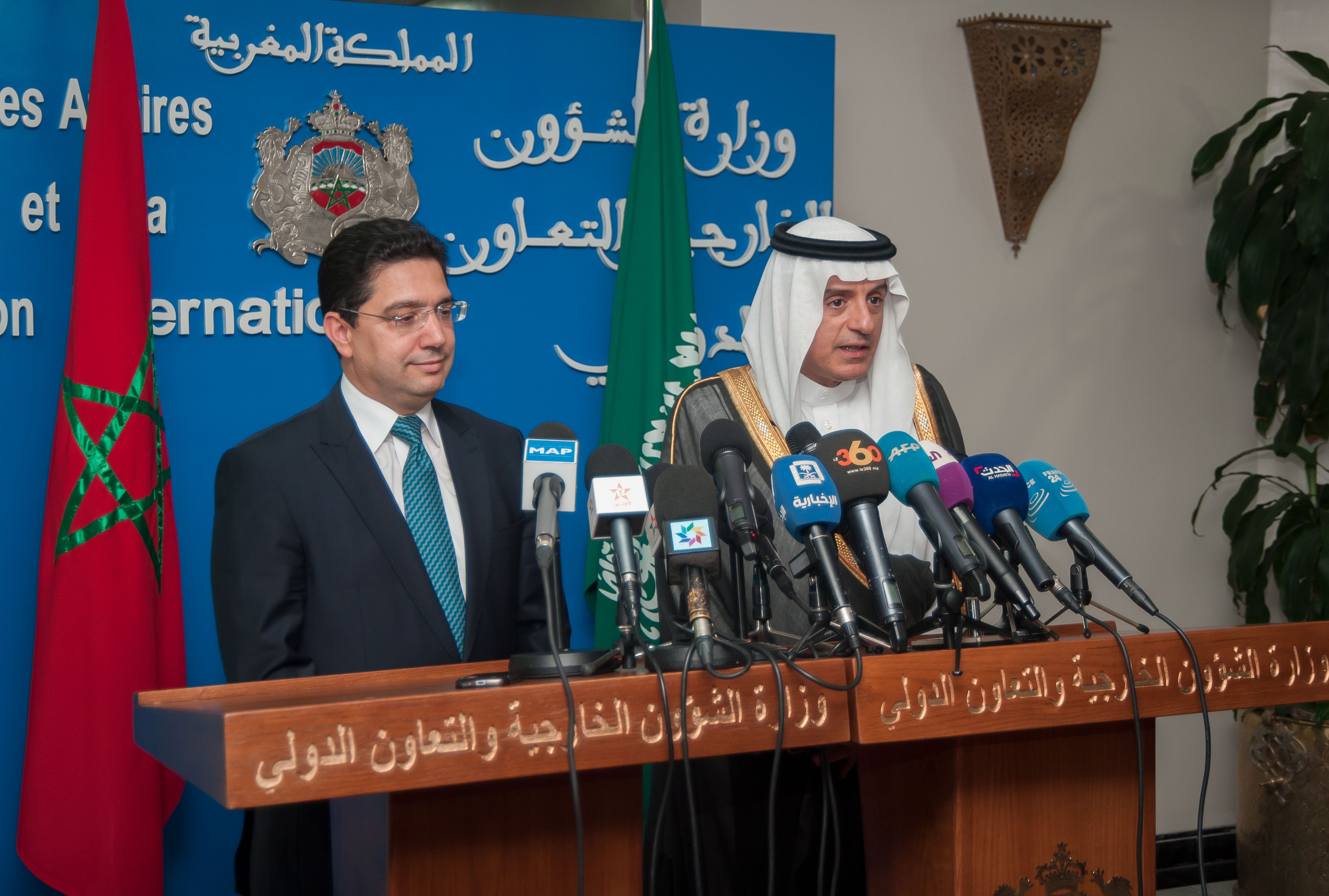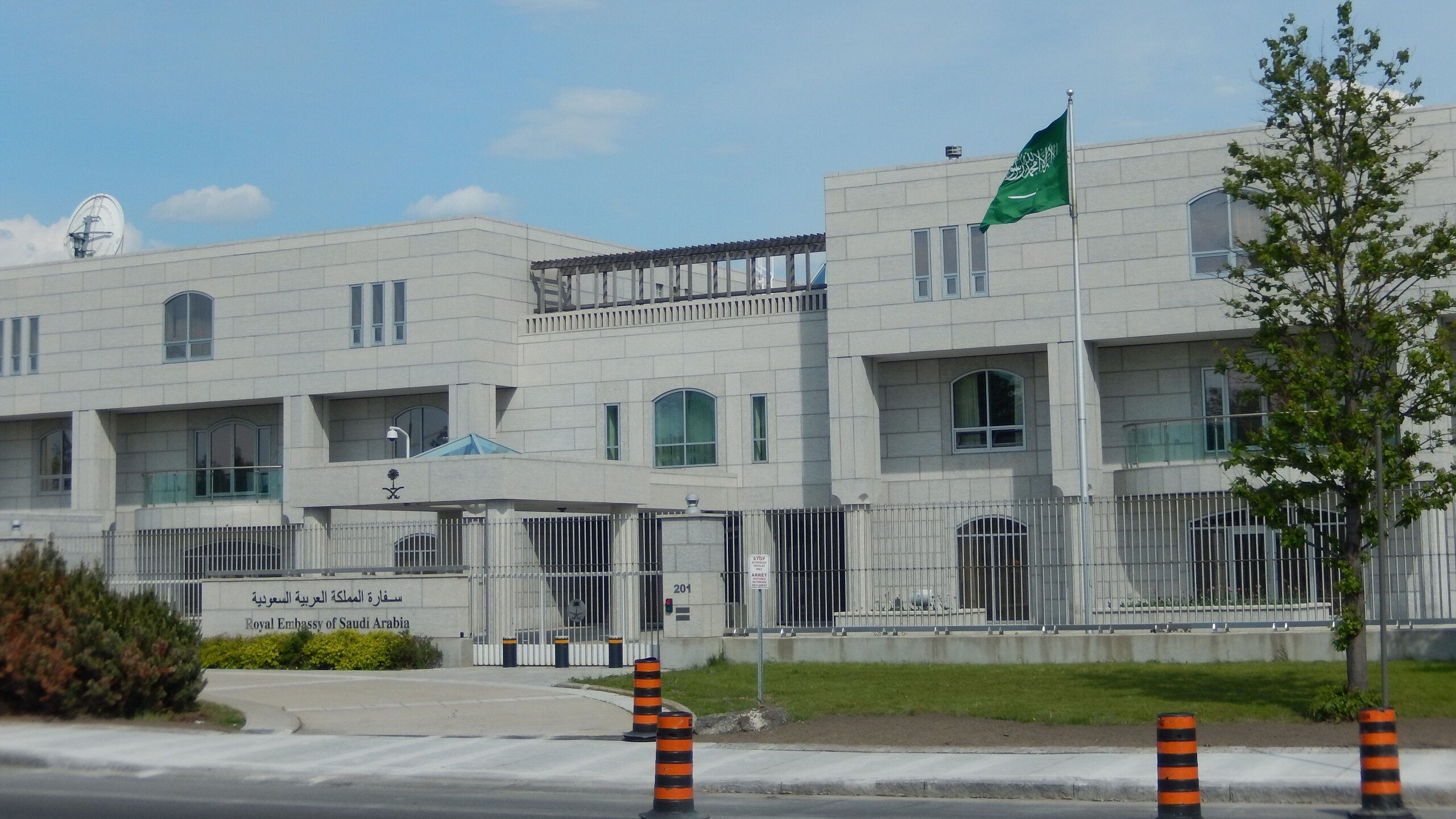Israel's Tensions With Saudi Arabia: Analyzing Diplomatic Discord
Editor's Notes: Israel's Tensions With Saudi Arabia: Analyzing Diplomatic Discord have published today date. This topic is very important to read to understand the steps and process involved, as well as the other important factors that have been considered in the process of offering the best guidance and information to YOU.
In our effort to stay on top of the important events and issues that affect Israel's diplomatic landscape, we put together this guide to help our target audience make the right decision.
Key Differences
| Issue | Israel's Position | Saudi Arabia's Position |
|---|---|---|
| Palestinian Statehood | Supports a two-state solution | Supports a Palestinian state, but has reservations about its borders and security arrangements |
| Iran Nuclear Deal | Opposes the deal | Supports the deal |
| Qatar Crisis | Supports Saudi Arabia's blockade of Qatar | Opposes Saudi Arabia's blockade of Qatar |

Italy & Saudi Arabia: From Arms Embargo to Enhanced Diplomatic Ties - Source finabel.org
Main Article Topics
- The history of Israel-Saudi Arabia relations
- The key issues that divide the two countries
- The impact of the Arab-Israeli conflict on Israel-Saudi Arabia relations
- The role of the United States in Israel-Saudi Arabia relations
- The prospects for future cooperation between Israel and Saudi Arabia
FAQ
This section addresses frequently asked questions regarding the complex relationship between Israel and Saudi Arabia, aiming to provide comprehensive and objective insights into the diplomatic discord between these nations.
Question 1: What are the primary reasons for the tensions between Israel and Saudi Arabia?
Historical grievances, regional power dynamics, and differing perspectives on the Israeli-Palestinian conflict are key factors contributing to the strained relations between Israel and Saudi Arabia. Israel's existence and its perceived support for Palestinian aspirations have been contentious issues for Saudi Arabia. Additionally, Saudi Arabia's own ambitions for regional leadership and concerns about Iran's influence have further fueled the diplomatic divide.

Mounting tensions between Morocco and Saudi Arabia | Middle East Institute - Source www.mei.edu
Question 2: How have these tensions manifested themselves?
The diplomatic discord between Israel and Saudi Arabia has been evident in various forms. Diplomatic ties between the two countries have been severed or downgraded, and official communication has been limited. Moreover, Saudi Arabia has restricted Israeli flights over its territory and has played a role in shaping international opinion against Israel.
Question 3: What potential consequences could arise from the ongoing tensions?
The continuation of tensions between Israel and Saudi Arabia could have significant implications for regional stability and international relations. It could hinder joint efforts to combat common threats, such as terrorism and extremism. Furthermore, it could prolong the unresolved Israeli-Palestinian conflict and exacerbate divisions within the Middle East.
Question 4: Have there been any recent developments or attempts at reconciliation?
Despite the longstanding tensions, there have been discreet efforts and informal contacts between Israel and Saudi Arabia in recent years. Backchannel diplomacy, facilitated by regional actors and international intermediaries, has been employed to explore the possibility of dialogue and cooperation. However, substantial breakthroughs or formal agreements have remained elusive.
Question 5: What role do external factors, such as the United States, play in the Israel-Saudi Arabia relationship?
The United States maintains close relationships with both Israel and Saudi Arabia, and its stance has a significant impact on the dynamics between the two countries. The U.S. has traditionally supported Israel's security and right to self-defense while also recognizing Saudi Arabia's regional importance. Washington's efforts to mediate and facilitate dialogue between Israel and Saudi Arabia have been ongoing, but progress has been gradual and subject to fluctuations in the regional geopolitical landscape.
Question 6: What is the outlook for the future of Israel-Saudi Arabia relations?
The trajectory of Israel-Saudi Arabia relations remains uncertain and subject to a multitude of variables. The geopolitical landscape, domestic political developments, and evolving regional alliances will continue to shape the dynamics between the two countries. While there may be incentives for cooperation on certain issues, historical grievances and fundamental differences will likely continue to pose challenges for the normalization of relations and the establishment of a more stable and cooperative relationship.
In conclusion, the tensions between Israel and Saudi Arabia are a complex and multifaceted issue with historical, geopolitical, and ideological dimensions. Understanding the underlying causes, manifestations, and potential consequences of this diplomatic discord is crucial for navigating the challenges and exploring avenues for dialogue and cooperation in the region.
Proceed to the next section...
Tips for Understanding Diplomatic Discord
Israel's Tensions With Saudi Arabia: Analyzing Diplomatic Discord strain regional dynamics, presenting unique geopolitical challenges. These tips will help you understand the complexities of these tensions:
Tip 1: Historical Context:
Understanding the historical backdrop of the conflict is crucial. Explore the shared borders, religious differences, and political ideologies to grasp the roots of the tensions.
Tip 2: Regional Alliances:
Examine the regional alliances and power dynamics that influence the diplomatic landscape. Saudi Arabia's role within the Arab League and Israel's close ties with the United States impact their interactions.
Tip 3: Geopolitical Perspectives:
Analyze the geopolitical perspectives of both countries. Saudi Arabia's focus on maintaining regional stability and Israel's concerns regarding security and territory shape their diplomatic approaches.
Tip 4: Political Leadership:
Examine the role of the respective political leaderships. Past and present leaders have varying approaches to diplomatic relations, influencing the trajectory of tensions.
Tip 5: International Intervention:
Understand the influence of international actors on the diplomatic discord. The United States, as a key mediator, plays a significant role in shaping discussions and facilitating negotiations.
Summary:
These tips provide a framework for comprehending the complexities of diplomatic discord between Israel and Saudi Arabia. By considering historical context, regional alliances, geopolitical perspectives, political leadership, and international intervention, a more nuanced understanding of these tensions can be gained.
Israel's Tensions With Saudi Arabia: Analyzing Diplomatic Discord
Israel and Saudi Arabia, both influential nations in the Middle East, have experienced diplomatic tensions due to several fundamental factors. These include geopolitical interests, regional conflicts, and differing views on critical issues.
- Geopolitical Interests: Competing regional influence and control of resources.
- Regional Conflicts: Alignment with opposing sides in conflicts, such as the Palestinian-Israeli conflict.
- Differing Ideologies: Variations in political systems, religious beliefs, and cultural norms.
- Normalization with Israel: Saudi Arabia's reluctance to normalize ties with Israel, despite efforts from other Arab nations.
- US Influence: Influence of the United States in the region and its role in fostering or hindering diplomacy.
- Iran Factor: Mutual concerns over Iran's nuclear program and regional ambitions.
These key aspects highlight the complex nature of Israel and Saudi Arabia's diplomatic discord. Geopolitical interests drive competition, while regional conflicts exacerbate tensions. Ideological differences create barriers, and normalization with Israel remains a contentious issue. The involvement of external powers, particularly the United States, further complicates the situation. Moreover, the shared concern over Iran's influence underscores the potential for cooperation amidst the discord, emphasizing the volatile and nuanced dynamics shaping their relationship.

US Looking At Using A Base In Saudi Arabia As Tensions Rise With Iran - Source dailycaller.com
Israel's Tensions With Saudi Arabia: Analyzing Diplomatic Discord
Tensions between Israel and Saudi Arabia stem from a complex interplay of historical, political, and religious factors. Saudi Arabia, as the birthplace of Islam, has long viewed itself as a guardian of the Muslim world. Consequently, it has been a staunch supporter of the Palestinian cause and has consistently condemned Israel's occupation of the West Bank and Gaza. Israel, on the other hand, sees Saudi Arabia as a potential threat due to its support for anti-Israel groups and its close ties to Iran, Israel's regional adversary.

Saudi Arabia, Canada Agree To Restore Diplomatic Ties - The Media Line - Source themedialine.org
In addition to these core issues, there are a number of other factors that contribute to the tensions between the two countries. These include Saudi Arabia's concerns about Iran's nuclear ambitions, Israel's close relationship with the United States, and the increasing influence of hard-line elements within both countries.
The diplomatic discord between Israel and Saudi Arabia has had a number of negative consequences. It has hindered regional cooperation, fueled sectarian tensions, and made it more difficult to resolve the Israeli-Palestinian conflict. In recent years, there have been some signs of a thaw in relations between the two countries. However, it remains to be seen whether these developments will lead to a lasting improvement in their relationship.
Conclusion
The tensions between Israel and Saudi Arabia are a major obstacle to peace and stability in the Middle East. They are rooted in a complex web of historical, political, and religious factors. Resolving these tensions will require a sustained effort from both sides. However, it appears that negotiations are unlikely to occur in the near term.



